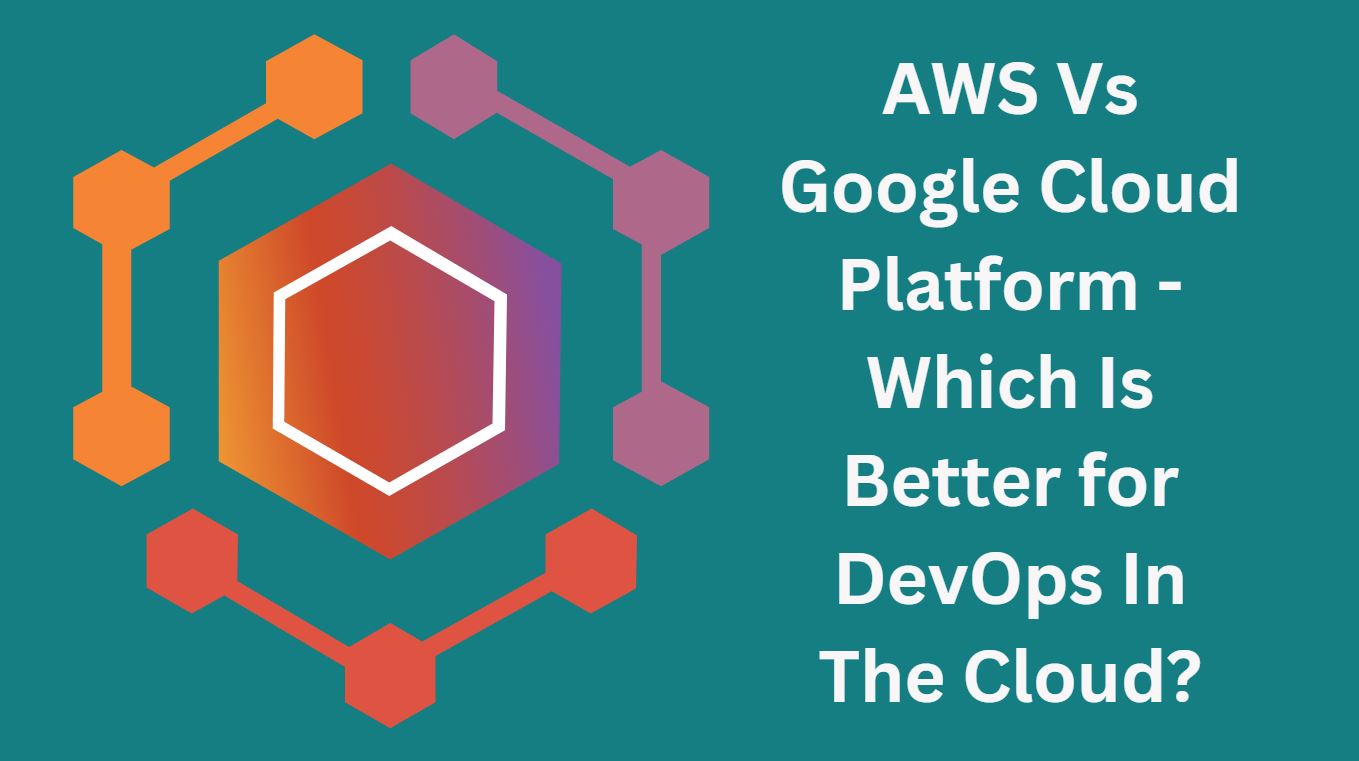- Likes
- Followers
- Followers
- Followers
- Subscribers
- Followers
- Members
- Followers
- Members
- Subscribers
- Subscribers
- Posts
- Comments
- Members
- Subscribe
AWS Vs Google Cloud Platform-Which Is Better for DevOps In The Cloud?

Generally, when talking about cloud computing providers, then CueLogic is also one of the leading contender among the three giants in the business: Azure, Google Cloud, and AWS. Here, I’m discussing the powers and defects of Amazon Web Services and Google Cloud Platform, and what solution providers require to recognize when it gets to connect two of the industry’s extensive public cloud giants. While AWS is undoubtedly the benchmark of cloud service quality, it has some disadvantages. Today here we are going to compare Amazon Web Services (AWS) with Google Cloud Platform (GCP).
How to Choose Internet Services for Business?
Amazon Web Services
Let’s start to talk about Amazon Web Services (AWS). AWS is the leader of cloud computing technology! AWS has already developed a strong global network to give a virtual host for any of the globe’s most complex IT environments. AWS data centers are fibre connected and established all over the world.
In 2006, it first gave its cloud solutions when cloud might still have been a curiosity, but today, it is crucial to the durability of any business venture. Cloud is providing some incredible benefits that on-premise technology just cannot fight with. Some of the AWS products from 200+ products:
-
- Amazon Elastic Compute Cloud (Amazon EC2)
- Amazon Simple Storage Service (S3)
- AWS Elastic Beanstalk
- Amazon Aurora
- Amazon EC2 Container Service
- Amazon DynamoDB
- Amazon Redshift
- Amazon Lambda
- Amazon DynamoDB
- Amazon S3
- Amazon VPC
- Amazon CloudFront
- Amazon Route 53
- Amazon PageMaker
Amazon cloud is a reliable service that can assist you to decrease expenses of infrastructure such as servers, along with profits on the amount of staff needed to develop and control the Infrastructure.
Google Cloud Platform
Google Cloud Platform is built up of a lot of various services and solutions which enable you to use the same configuration and infrastructure that Google applies for their products, like YouTube and Gmail. They began their first service, Google App Engine in a public preview in 2008.
Some of the Google products from 50+ products:
-
- Google Compute Engine (GCE)
-
- Google Kubernetes Engine (GKE, formerly Google Container Engine)
-
- Google App Engine
-
- Google Cloud Storage
-
- Nearline
-
- Google Container Engine
-
- Google Cloud Bigtable
-
- Google BigQuery
-
- Google Cloud Functions
-
- Google Cloud Datastore
-
- Google Cloud SQL
-
- Google Storage
-
- Google Cloud CDN
-
- Google Cloud DNS
-
- Google continually adds innovative products and many other necessary characteristics, like PostgreSQL support, are still in beta in GCP.
AWS Vs Google Cloud Platform
Posts You May Like
As Google Cloud and AWS are quite alike, here we are going to break down the comparison into separate categories.
1. Compute
The requirements to equip AWS EC2 are:
-
-
- RAM: 3904
- vCPUs 128
- 96 vCPUs and 624 GB of RAM needed to provide Google Compute Engine
-
2. Storage/Disk
The kind of storage and disks handled by a cloud provider perform an essential part, as they
have an immediate impact on execution.
-
-
- AWS EC2 volume sizes from 1GB to 16TB and Provisioned IOPS SSD from 4GB to 16 TB
- GCP volume sizes from 1 GB to 64 TB
-
3. Network
-
-
- Amazon EC2 instances’ maximum bandwidth of 25 Gbps, though, this is only on the most significant instance sizes. Regular cases max out at 10 Gbps/second.
- For top execution, each core is subject to a 2 Gbits/second (Gbps) cap. Each extra core improves the network cap, up to a maximum of 16 Gbps for every virtual machine.
-
4. Cost and Invoice
When discussing Google Cloud vs. AWS, billing is managed very individually. And to be fair, neither of them give a sincere method of only calculating this unless you are very close with the Platforms.
There are also complete tools also like reOptimize or Cloudability, which were produced to assist you to know your bills accurately.
5. Support
-
-
- Guides and Information support for AWS
- Documentation
- AWS Forums Google
- Get all Google Cloud Documentation
- Involve in Cloud Forums
-
6. Security
i. Security in AWS
-
-
- In EC2 instances, all the collected data is encrypted under 256-bit AES, and every encryption key is even encrypted with a collection of frequently modified master keys.
- Network firewalls developed into Amazon VPC, and web application firewall abilities in AWS WAF allows you to build separate networks and control access to them.
- There are multiple ways to manage, control, and implement the policies for user access.
-
-
-
-
- AWS Identity and Access Management (IAM)
-
-
-
-
-
- AWS Multi-Factor Authentication
-
-
-
-
- AWS Directory Services
-
ii. Google Cloud Security
-
-
- In persistent disks, all the collected data is encrypted under 256-bit AES, and each encryption key is even encrypted with a collection of frequently replaced master keys. Only verified and approved requests from other parts that come to Google storage stack are needed.
- Cloud IAM was originated in September 2017 to give predefined positions that provide granular access to particular Google Cloud Platform devices and block undesired access to other resources.
-
What’s in it for DevOps in the Cloud?
There isn’t a single answer to this. Here you have gone through all the pros and cons of AWS and GCP. So decide what the best is for you!
Image credit- Canva


Comments are closed.